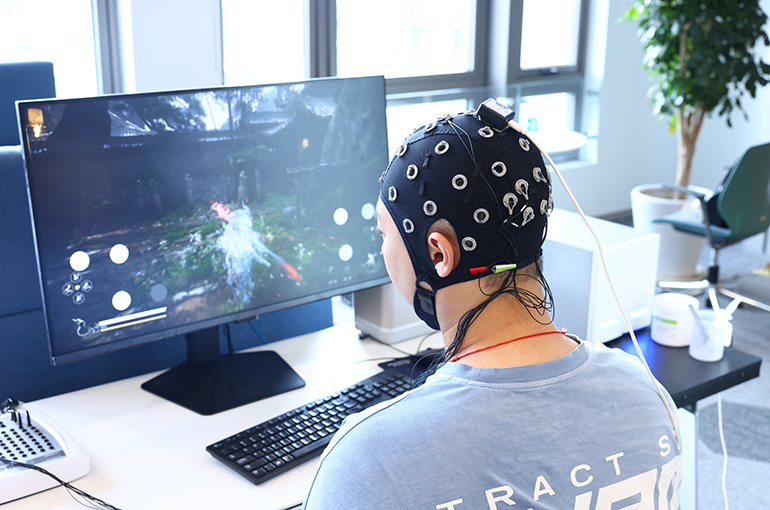 Brain-Computer Interfaces Need Patient Capital, Not Profit Chasing, Chinese Investor Says
Brain-Computer Interfaces Need Patient Capital, Not Profit Chasing, Chinese Investor Says(Yicai) July 23 -- Brain-computer interface technology should not be viewed as a way to get rich quick, Xinmin Evening News reported, citing Chen Tianqiao, a well-known backer of brain science projects. This kind of hard tech needs long-term, patient capital, not short-term profit chasing, he added.
“You can’t judge innovations in hard tech by how fast they make money,” he said. “If investors still apply the same approach used for investing in internet startups, which is to demand performance guarantees, quick initial public offerings and immediate revenue, it’s a lose-lose situation for everyone.”
Science and technology innovation needs patient capital with long-term vision, that can support companies through the slow, uncertain process of turning basic research into real-world applications over lengthy cycles of technical validation and market cultivation, he said.
Since donating USD115 million to establish the Tianqiao and Chrissy Chen Institute at the California Institute of Technology in 2016, Chen has been focused on investing in neuroscience. Four years ago, he put money into NeuroXess, one of China’s earliest startups working on invasive brain-computer interfaces.
“When NeuroXess was founded, its goal was to become China’s answer to Elon Musk's Neuralink, and eventually even surpass it,” Chen said. “But many investors backed out when they heard it could take over 10 years to see results. But I told the founder Tao Hu that if 10 years are not enough, we will wait 20 or even 30 years, because investors need to be patient.”
“We want to be the kind of capital that sticks around and supports promising companies like Shanghai-based NeuroXess through their most challenging periods,” he added.
China’s brain-computer interface sector has attracted state-owned capital, private capital and leading venture capital investors over the past four years, Chen said. Financing amounts are increasing and the field is starting to generate meaningful breakthroughs.
Earlier this year, Shanghai StairMed Technology raised CNY350 million (USD48 million) in a Series B funding round and launched China’s first clinical trial for invasive brain-computer interfaces. Meanwhile, Hangzhou’s BrainCo has raised over USD200 million so far. These big investments are boosting the valuations of brain-computer interface startups.
Editor: Kim Taylor